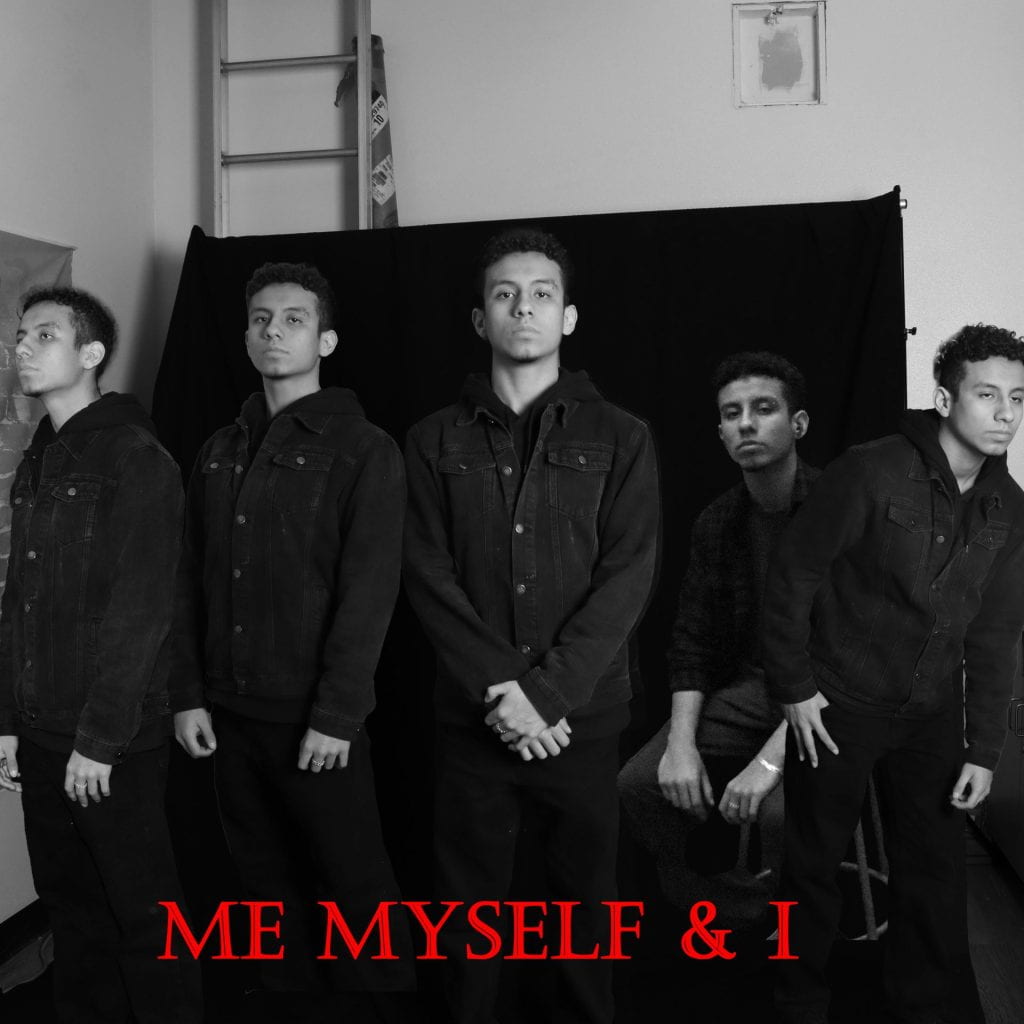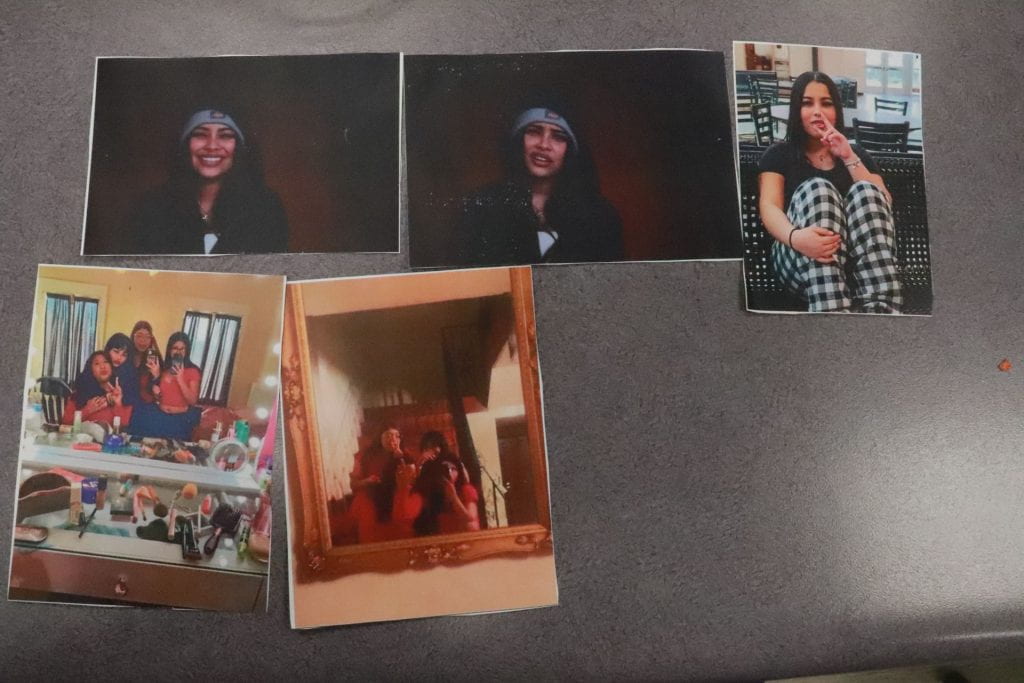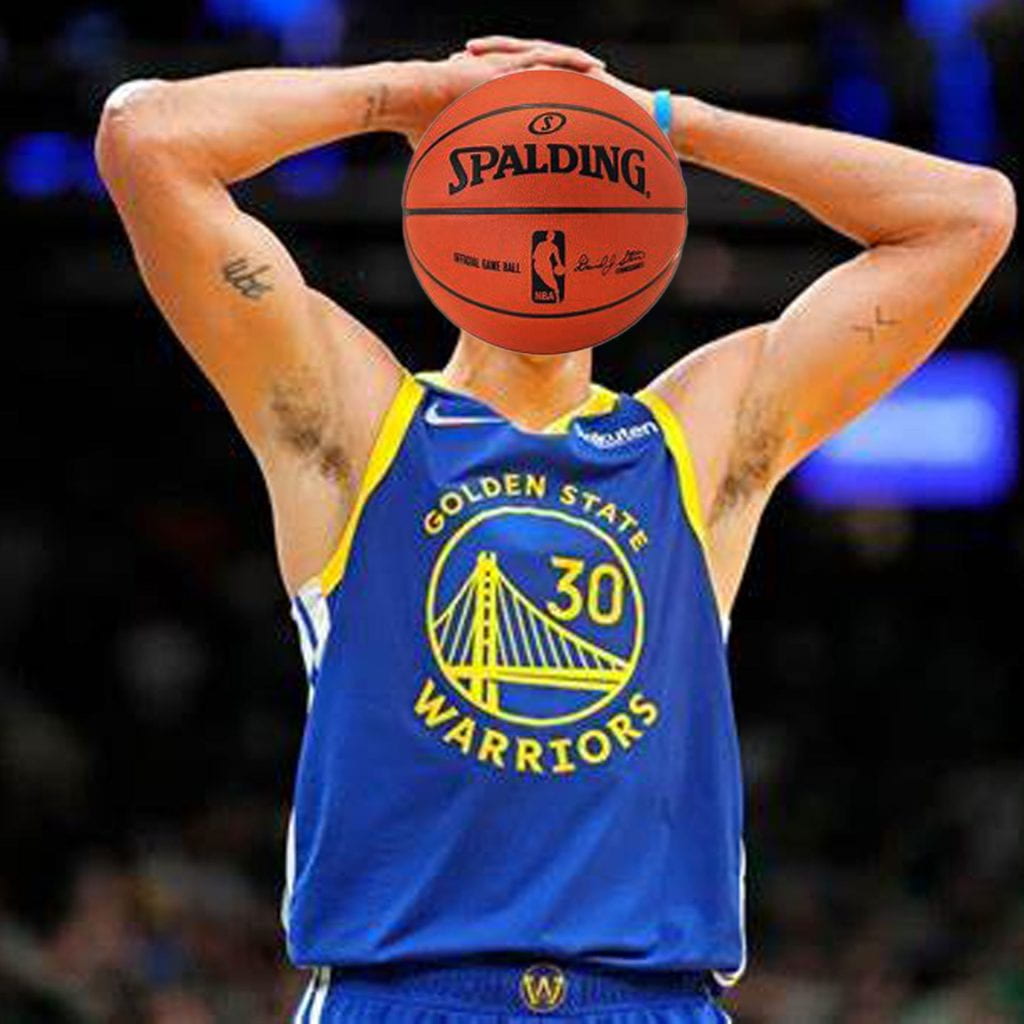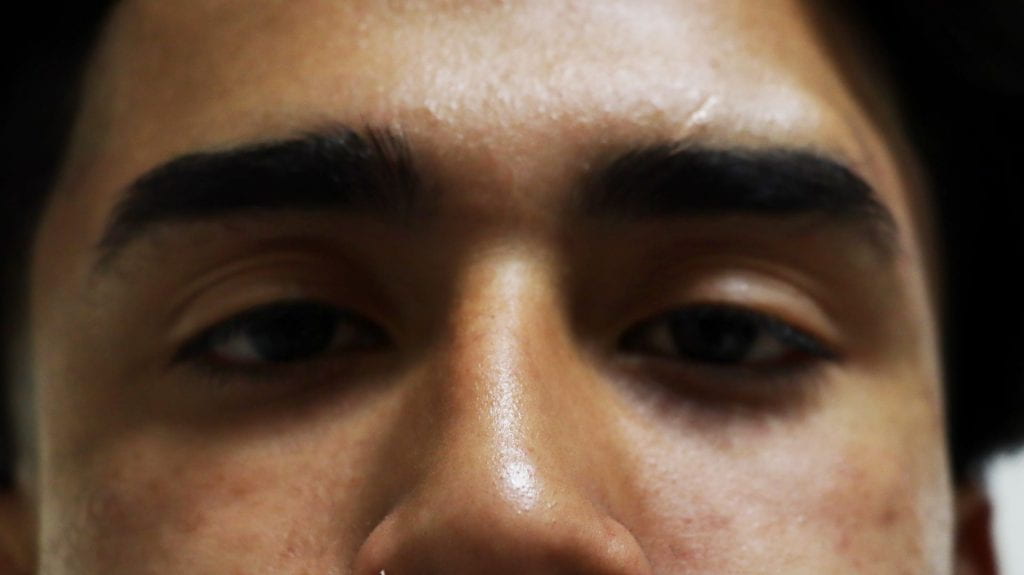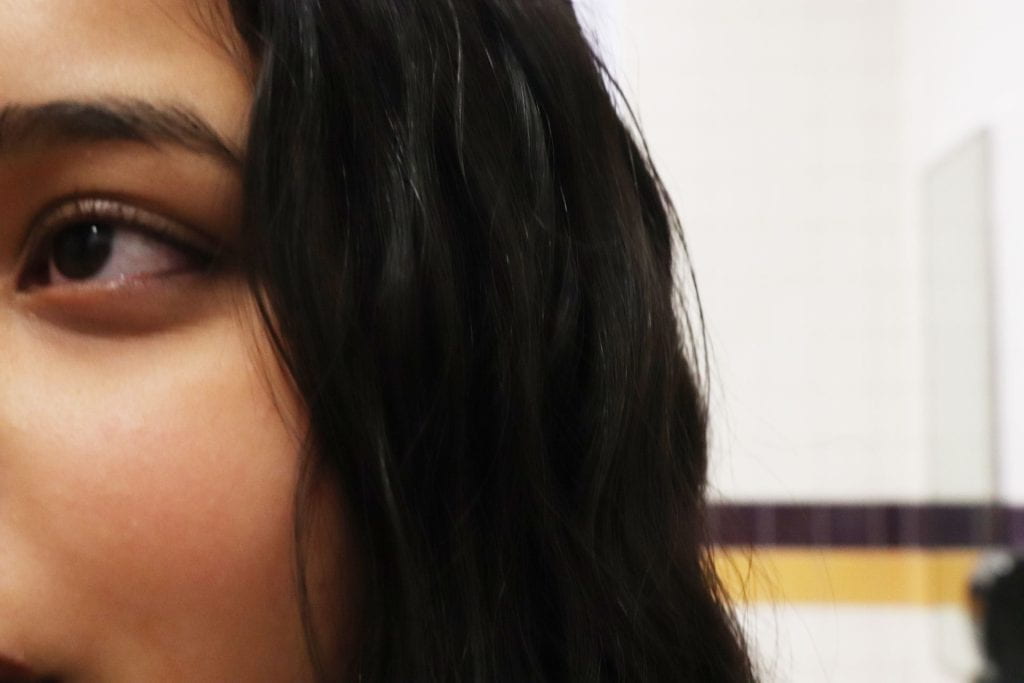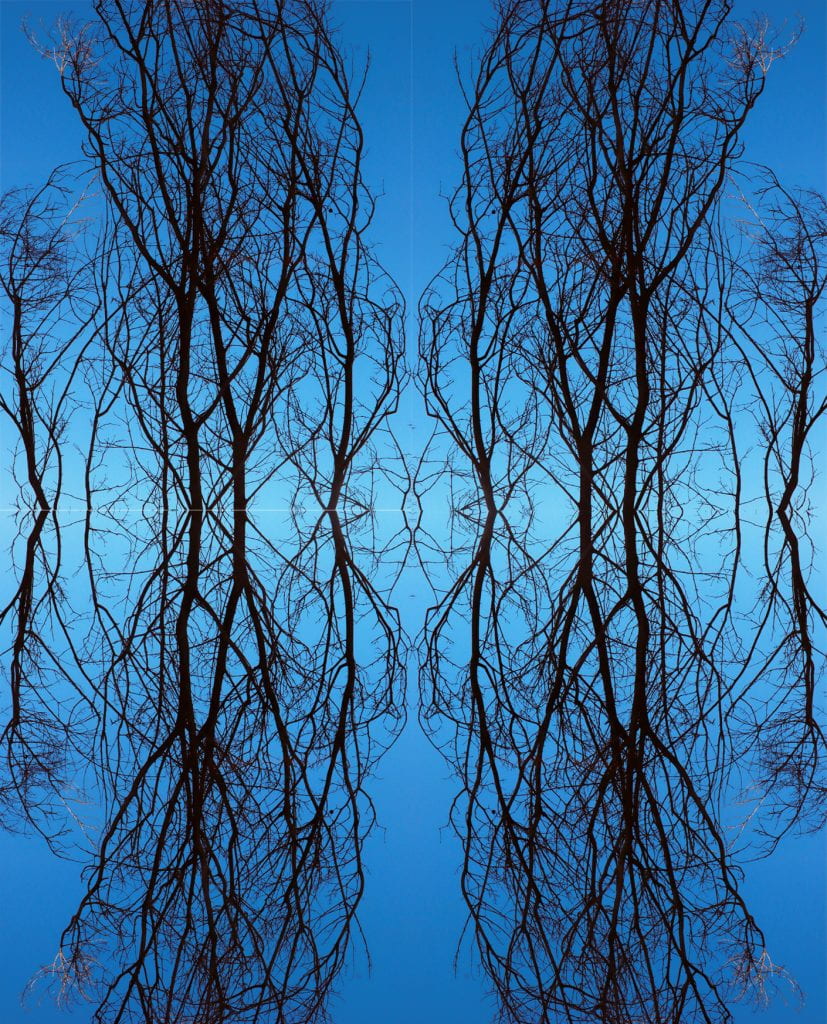Magazine Cover
How To Get Inspo In Your Photography When You Feel Stuck
Some different ways to get inspiration for pictures in photography are:
1) Set a goal – Make sure you know what you want photograph. Have a specific idea of what you want to.
2) Look at other work – You can also look at some other photographer’s work and try to mimic something to their work.
3) Look at photography’s history – You can discover different types of styles when you’re looking at how photographers took photos in the past.
4) Spend time with photographers – This could help you be creative and help see how they look for inspo.
5) Look through your old photo archives – You could have done something that you could continue doing and get inspo from that
Stickers
Surrealistic Collage
Letter to Next Years Photo Students
Dear next year photo students, some advice i would give you to pass this class is to just do all your work on time. Even if you don’t have your friends in class and you feel like it’s going to be boring, still do your work. There is not too much work that is given if you make it your priority to do your work first. The teacher is nice and chill. If you do have friends in your class, do not slack off messing around with your friends. You will learn more and more on how to work a camera and the different types of settings there is on them too. It is a good skill to have just in case of anything. It’s an easy class to pass if you just complete everything on time and everything that’s given. Remember have fun but don’t mess around too much in this class.
Close Up Portraits/Still Life
White Balance Read and Write
White balance can help make sure the colors in your picture look natural. You can adjust the different lighting conditions. There are different light sources like sunlight and indoor lights. It can give photos a tint color. When you adjust the white balance, it helps fix those tints and the colors become true to life. There are many balance settings like:
Sunny: Works for photos taken for mid-morning or afternoon sunlight
Shade: Works for photos in heavy shade
Cloudy: Photos on overcast days
Flash: Photos taken with a camera flash
Incandescent: Indoor photos lit by warm or yellowish bulbs
Fluorescent: Indoor photos under fluorescent lights
Portraits wit Makeup
Adjust brush settings: you can change the size of the brush, opacity, and change the type of brush
Layers: it helps keep work flexible and allows you to erase something you don’t want to without messing up the original background
Mixer Brush: it blends colors like paint to make it look more realistic
Smudge tool: It blends and smooths your strokes, so it does not look so rough
Opacity Jitter: it adds randomness to transparent your strokes and helps them be more lively
